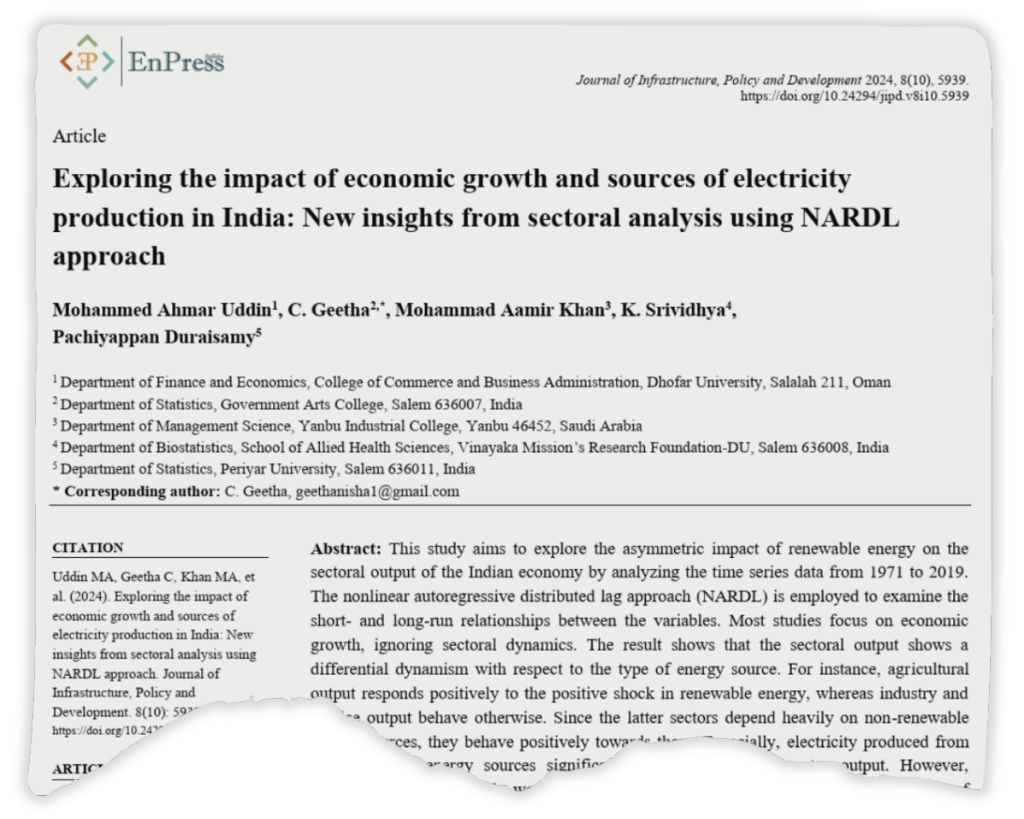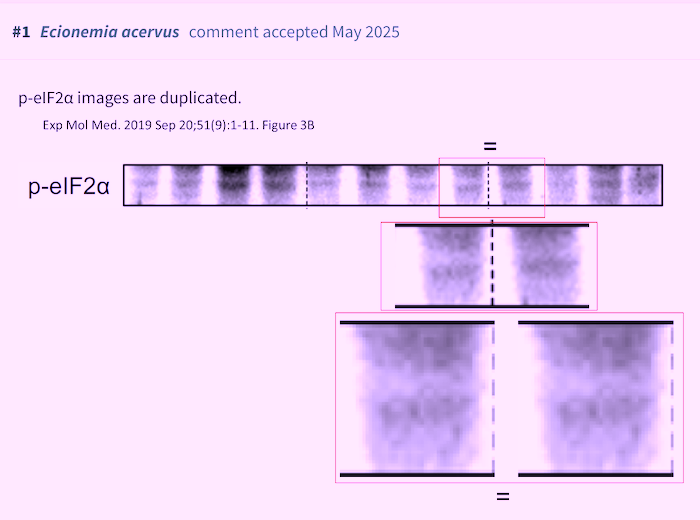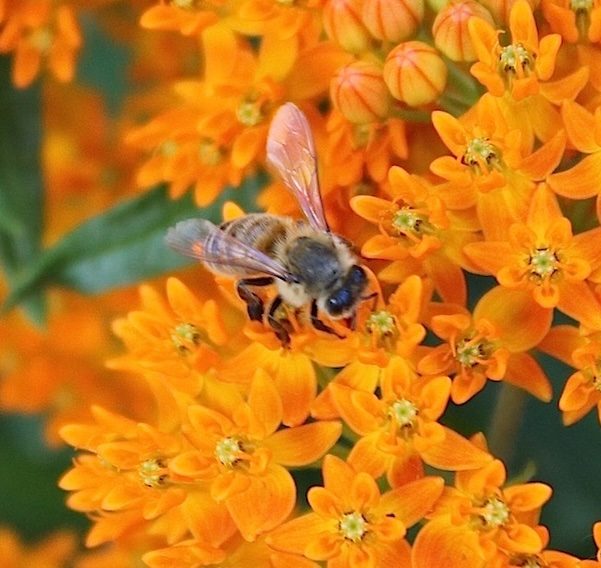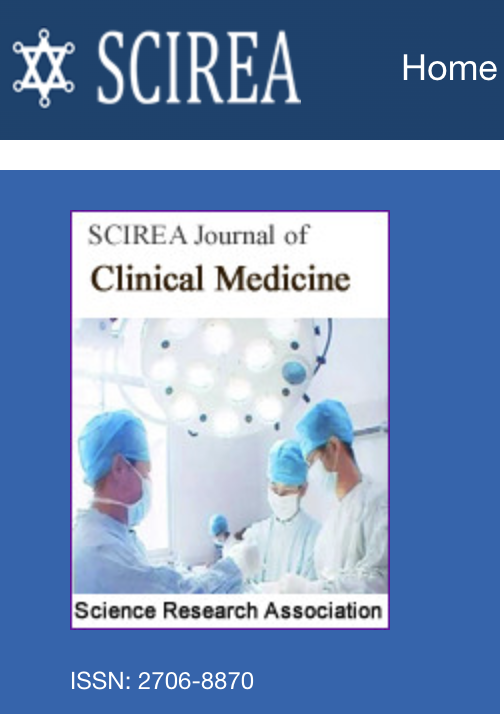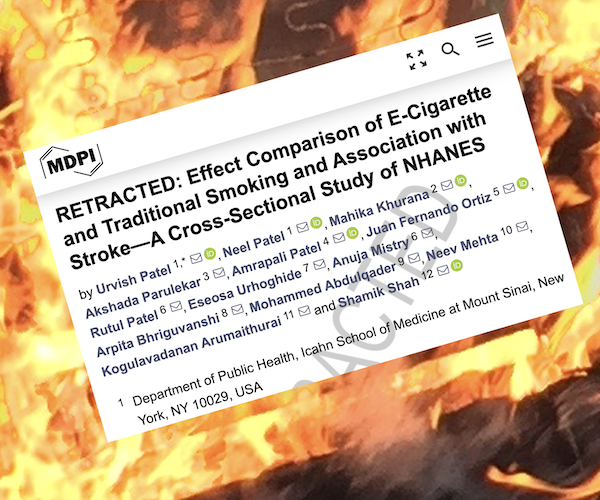
While plagiarism can sometimes be difficult to prove, stolen figures and identical metadata were the death knell for a recent article involving chicken mortality.
In September, the authors of a 2022 paper in the American Society of Agricultural and Biological Engineers’ journal Applied Engineering in Agriculture discovered a version of their article published by different authors in the International Journal of Engineering Research & Technology. Both papers, which had identical titles, describe the development of a robot designed to assist with detecting and removing dead chickens from farms.
Although some of the text in the 2025 IJERT paper was altered, the images are the same as those from the ASABE paper, which has been cited 13 times, according to Clarivate’s Web of Science. The IJERT paper also replaced the word “broiler,” a chicken raised for meat production, with “grill,” including paraphrasing “broiler mortality” as “grill mortality” and “U.S. broiler industry” as “American grill business.” Such tortured phrases, which occur when common phrases are transformed into nonsensical ones, can indicate plagiarism.
Continue reading Engineering journal plucks poultry paper for plagiarism